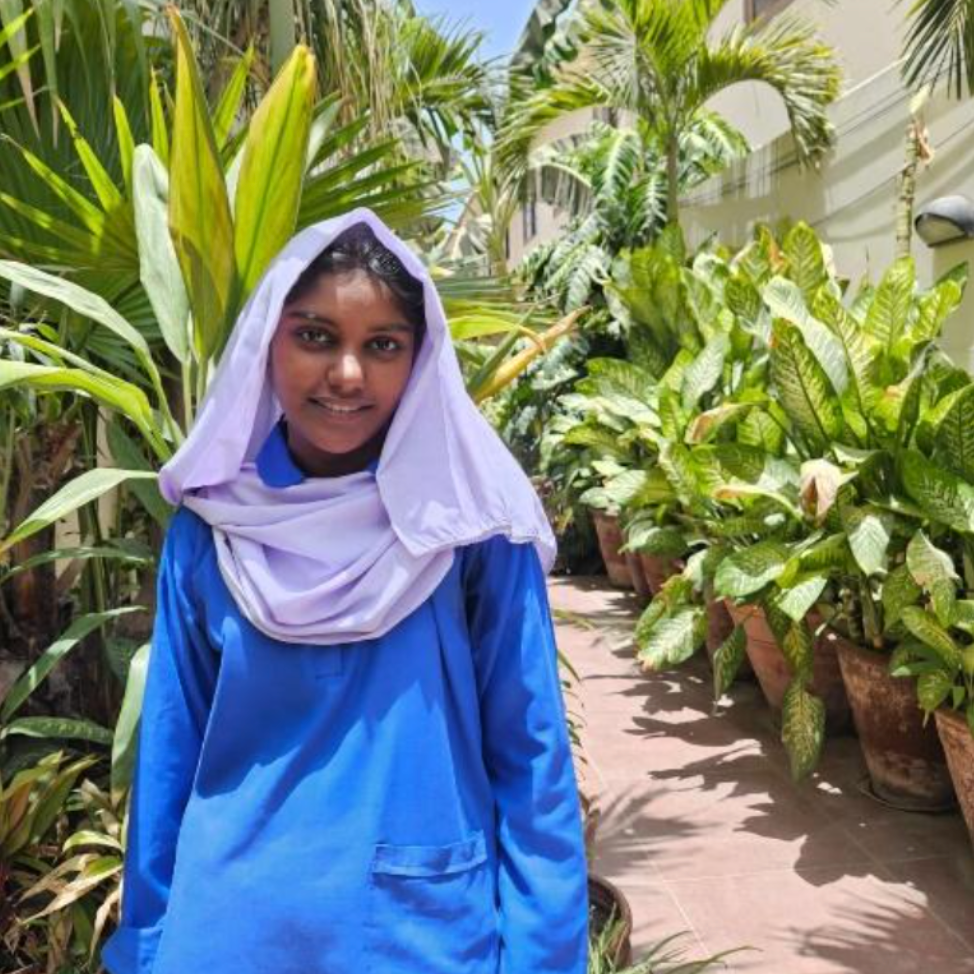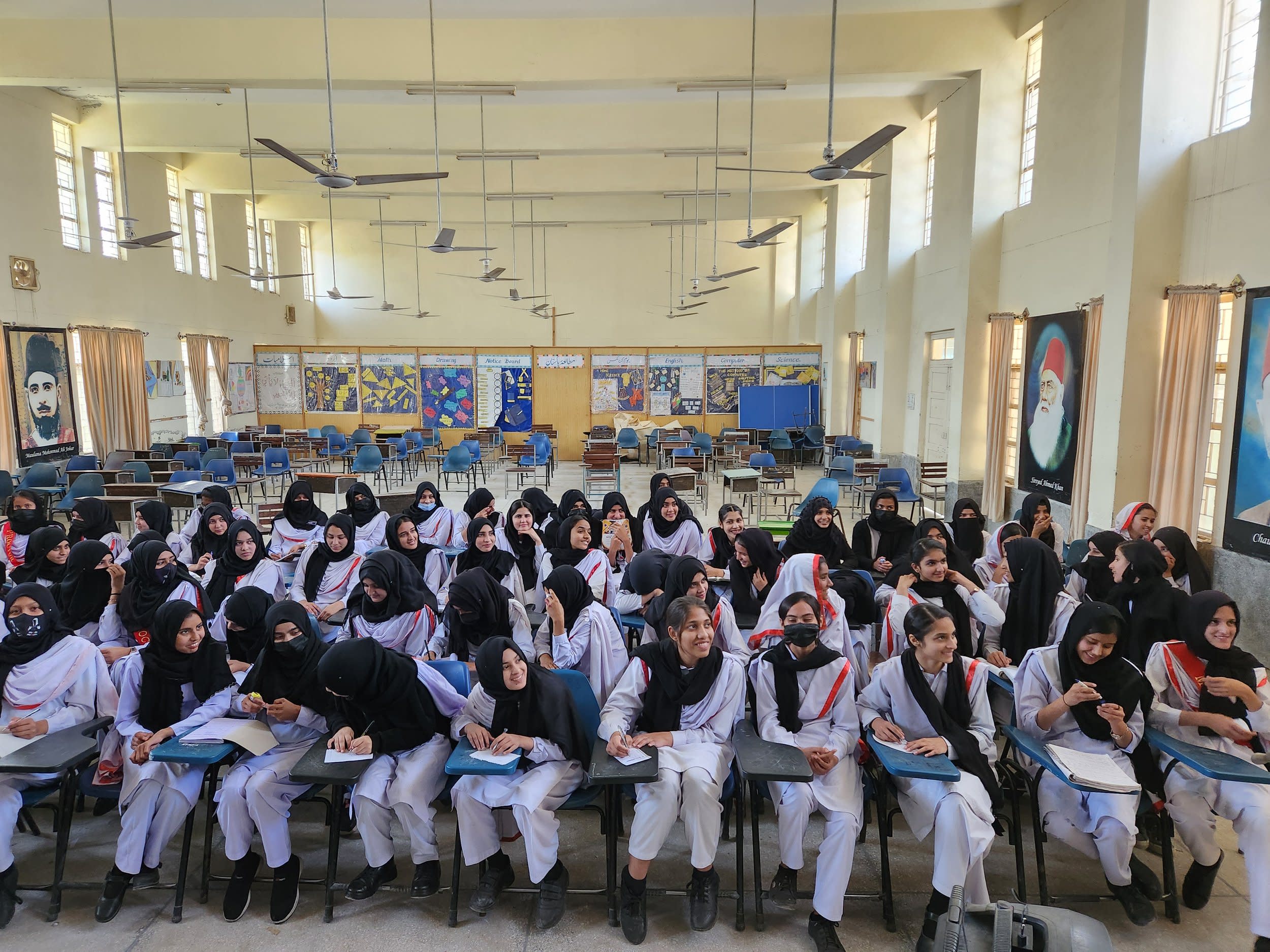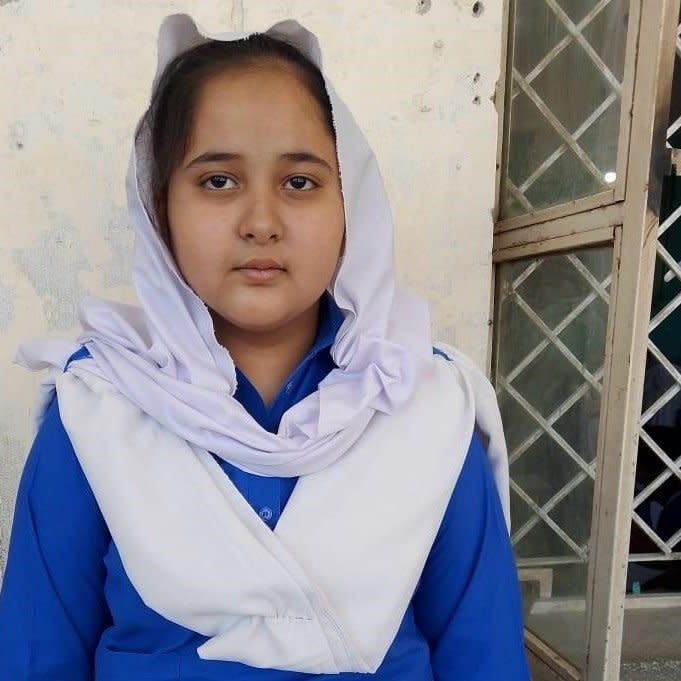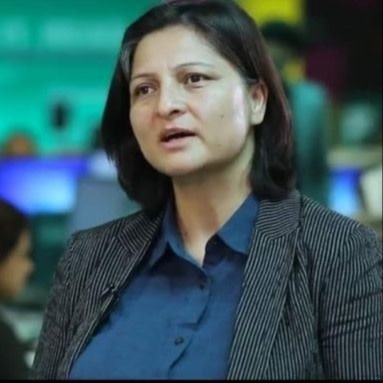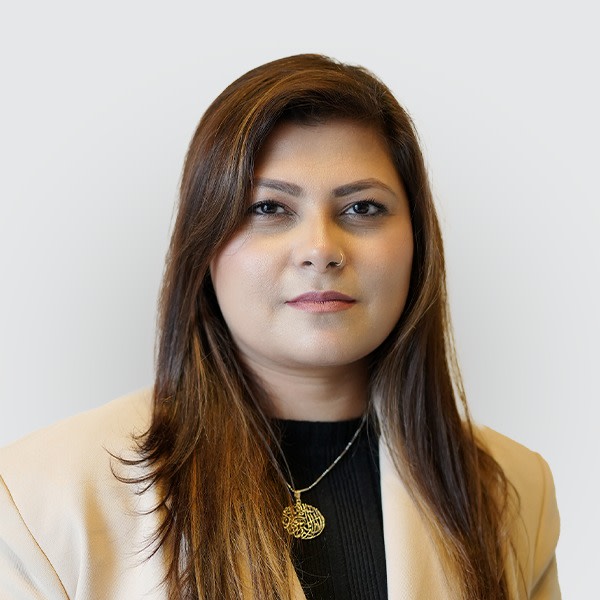Our grantmaking approach
Through our Education Champion Network, we invest in civil society organisations dedicated to advancing policies that strengthen and resource girls’ right to education. We aim to allocate at least 20% of our grants to organisations led by girls or young women to realise their powerful potential to generate new solutions and lead change.
We consider our grantees to be true partners and strive to catalyse and complement their work at the local, national and global levels. Our flexible, multi-year grants provide our partners with the stability and agility they need to achieve lasting impact for girls.





